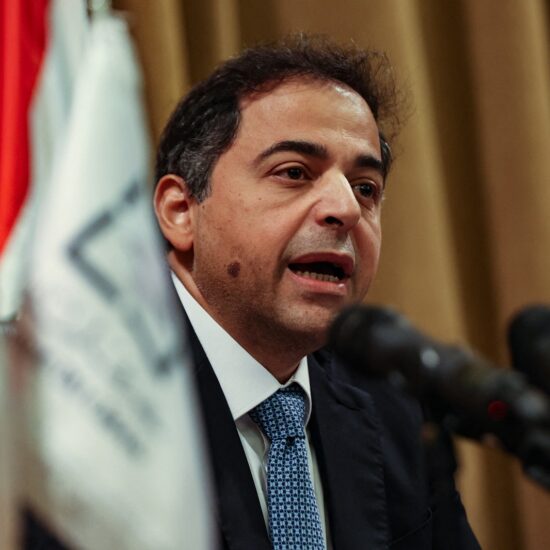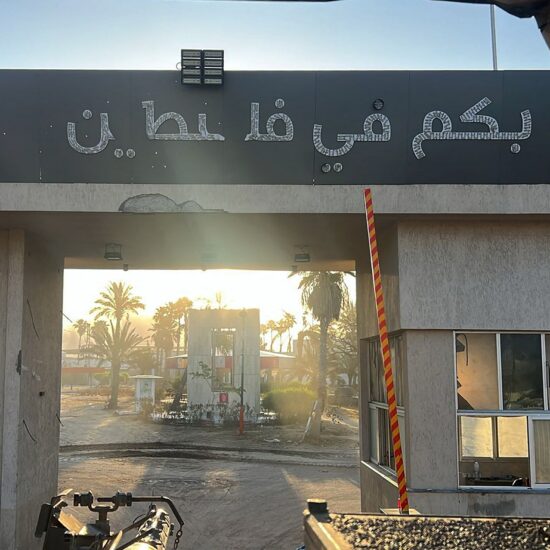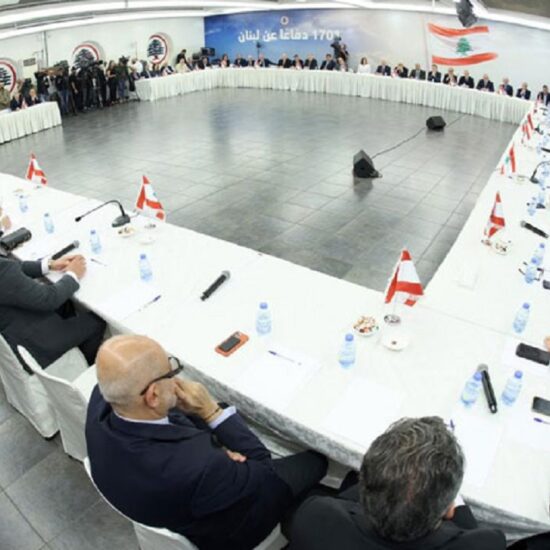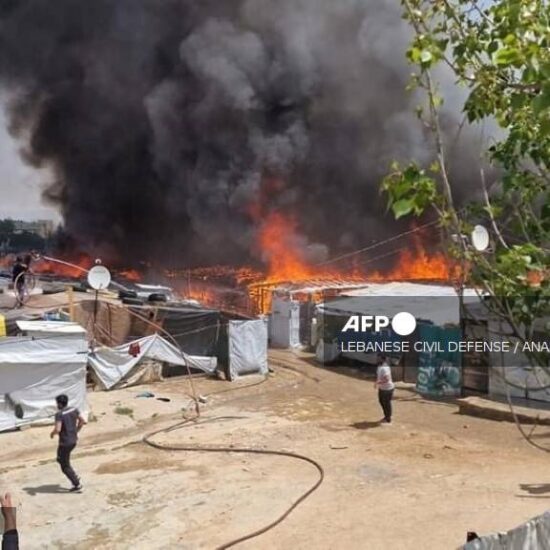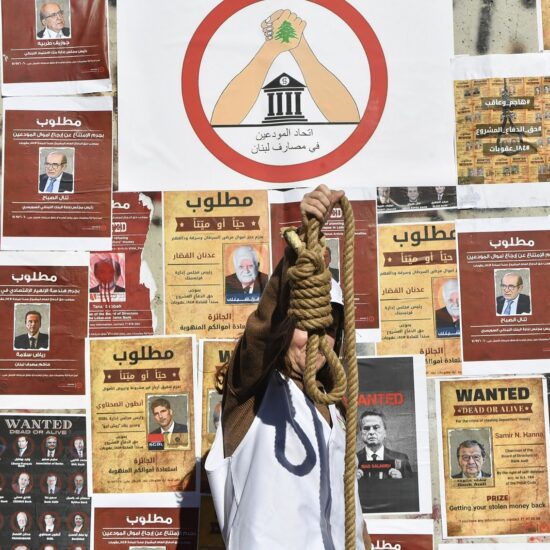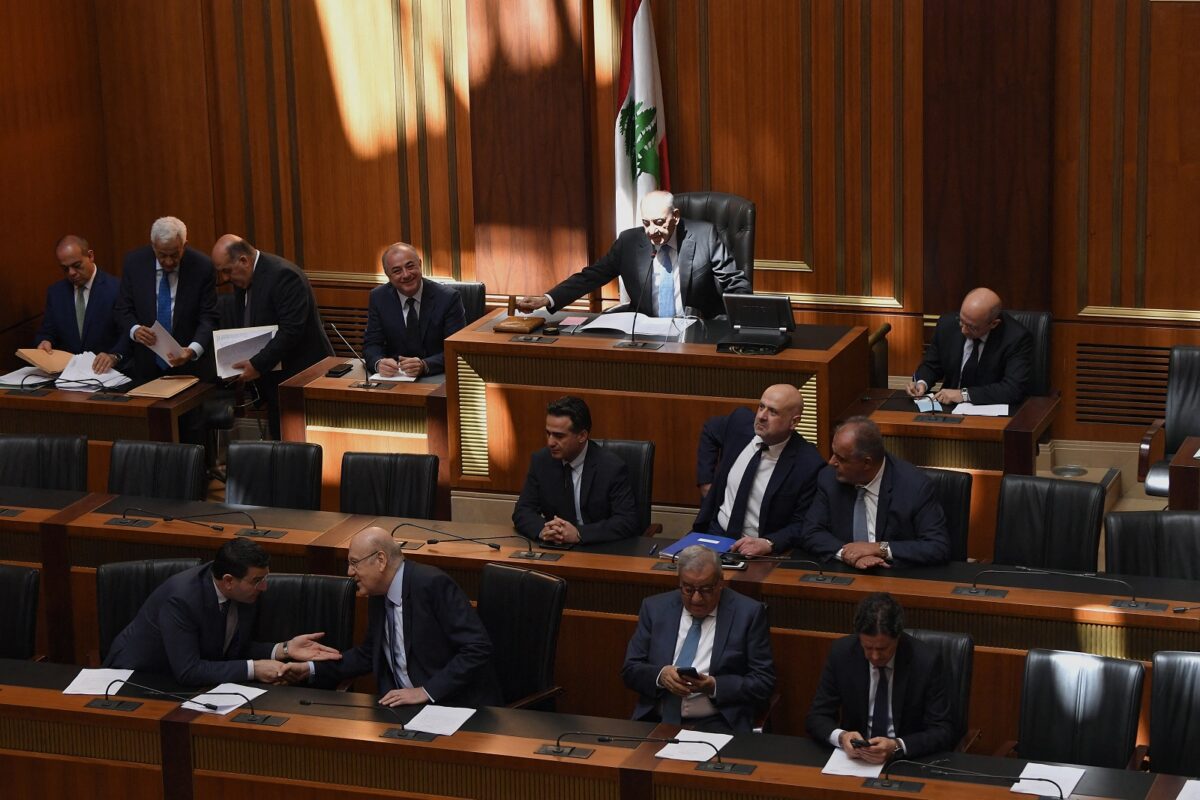
Lebanon contemplates yet another delay in municipal elections amid deepening political crisis and eroding public trust.
Lebanon is on the brink of a critical decision regarding its municipal elections, which are slated to occur before May 31, coinciding with the expiration of mandates for over 1,000 municipalities and 3,000 mukhtars. However, the country’s political landscape is clouded with uncertainty as discussions swirl around the possibility of yet another postponement.
The call for a parliamentary session on April 25, initiated by Parliamentary Speaker Nabih Berri, marks the latest chapter in a recurring saga of delays. This potential extension, if approved, would mark the third consecutive delay in as many years, echoing a troubling historical pattern reminiscent of Lebanon’s tumultuous past.
The reluctance to hold municipal elections is deeply rooted in Lebanon’s political fabric. Unlike national politics, where control is more entrenched, municipal dynamics are perceived as less predictable by the political elite. Consequently, each postponement further erodes public trust and fosters disillusionment with the political establishment.
The pretext for the potential delay revolves around concerns over the security situation, notably the ongoing military confrontations between Hezbollah and the Israeli occupation forces. While divisions persist among political parties, the decision to postpone is framed as a response to these security challenges.
A country of ongoing crises
This impending decision comes on the heels of previous extensions, with the last municipal elections held in May 2016. Since then, parliamentary extensions have been granted twice, initially in March 2022 due to overlapping with parliamentary elections, and subsequently in 2023 citing insufficient financial resources.
Financial constraints have been a recurring obstacle, with funding issues prompting postponements in the past. The economic meltdown that has plagued the country for years has exacerbated these challenges, making the prospect of holding elections increasingly daunting.
Accusations and counter-accusations fly among political leaders, with Lebanese Forces leader Samir Geagea accusing Hezbollah and its allies of “obstructing the electoral process” by stating, “After you deprived the Lebanese of an actual state, and after you took them to hell, and you disrupted the presidential elections, today you are working hard to deprive them of local authorities.”
Meanwhile, Free Patriotic Movement chief Gibran Bassil contends that, in addition to security concerns, the government is ill-prepared to organize the vote.
The debate intensifies as various factions weigh in on the matter. Parliament Speaker Nabih Berri insists on the inclusion of southern Lebanon in any upcoming ballot, while Change MPs boycott sessions, deeming them unconstitutional in the absence of a president.
As the government grapples with conflicting opinions, the lack of financial allocations for the elections in the 2024 budget underscores concerns about its commitment to the electoral process.
What next?
Highlighting a deeper crisis in governance and democracy within Lebanon, the repeated postponement of municipal elections reflects a systemic failure. These elections empower local communities and foster participatory democracy – an act that the Lebanese are desperate for.
At its core, the postponement of elections deprives Lebanese citizens of their fundamental right to participate in the democratic process. By delaying the opportunity to elect local representatives, the government undermines the voice and agency of the people, perpetuating a cycle of disenfranchisement and disengagement.
Moreover, the postponement reinforces a pattern of political manipulation and elite control. The reluctance of the political class to relinquish power at the local level highlights their prioritization of self-interest over the welfare of the nation. This further erodes public trust and confidence in the political establishment, exacerbating existing tensions and divisions within society.
Beyond the immediate implications for democracy, postponing elections exacerbates broader challenges facing Lebanon. It hampers efforts to establish law and order, as democratic institutions play a crucial role in promoting stability and accountability. Without legitimate and accountable local governance structures, the country risks descending further into chaos and lawlessness.
Furthermore, the postponement perpetuates a culture of corruption and impunity. In the absence of regular electoral cycles, there are fewer checks and balances on government power, allowing corruption to flourish unchecked. This undermines efforts to rebuild the economy and address the root causes of Lebanon’s ongoing economic crisis.
Perhaps most concerning is the impact of postponing elections on Lebanon’s long-term stability and trajectory. By delaying the democratic process, the government risks entrenching Lebanon in a cycle of instability and decline. Without meaningful political reform and genuine efforts to address the grievances of the population, the country’s future remains precarious.
Corruption, impunity and lack of democracy
The origins of Lebanon’s municipal system trace back to the late Ottoman period (1831-1918), marked by collaborative efforts between the imperial palace and local elites. Anchored by the 1864 Ottoman Provincial Law and the 1877 Ottoman Municipal Law, municipal governance and representative politics were introduced across Anatolia, the Levant, Mesopotamia, and parts of the Arabian Peninsula. These municipalities, including those in cities like Beirut, Tripoli, Sidon, and Deir al-Qamar, served as vehicles for electoral competition, urban development, and social transformation.
By the time of World War I, numerous municipalities were operational across the territories that would form the future Lebanese state. During the war, the Municipality of Beirut played a central role in managing food supply amid the famine that gripped the region.
Lebanon’s political economy and social history, even before the mandate era, have been heavily influenced by regional and local politics, characterized by the authority of local leaders or zou’ama. Successive political elites prioritized local governance to appease their constituencies, particularly in Lebanon’s politically and geographically fragmented context.
The significance of municipal elections lies in their capacity to implement visible local projects, which resonate more deeply with the population compared to legislative actions in parliament. Achieving success in municipal elections is crucial for the oppositional movement’s reputation, public trust, and overall political trajectory.
However, past voting experiences in Lebanon have been marred by widespread corruption and voter manipulation. The 2022 parliamentary elections, while hailed as a victory by Prime Minister Najib Mikati, were overshadowed by allegations of corruption, violence, and vote-rigging. Such practices erode trust in the government and the electoral process.
Despite these challenges, municipal elections play a vital role in conducting local work, addressing neighborhood needs, and filling gaps left by the government. Postponing these elections further burdens the Lebanese people, already grappling with distrust in their government and suffering from the consequences of political dysfunction and corruption.



